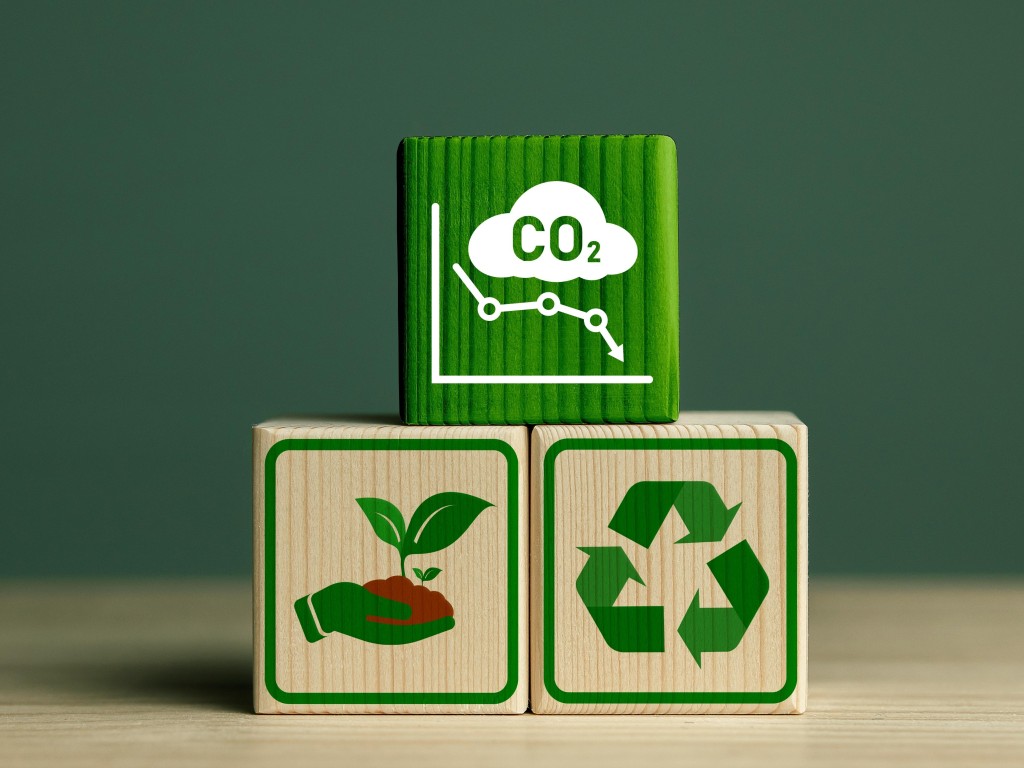From 2025, importers can delegate their CBAM reporting obligations to third-party service providers, while remaining responsible for the accuracy of the information. At the same time, stricter anti-circumvention rules prevent attempts to bypass the system, such as relabeling goods or routing them through third countries.
CBAM certificates will be required starting in 2027, while carbon pricing will already apply from 2026, allowing importers a transitional period before full certificate obligations take effect.
The deadline for submitting annual CBAM reports has been extended to September 30 for the year following the reporting year, effective from 2026 onwards, giving importers additional time to verify their data, ensure accuracy, and complete the submission process. This extension helps reduce administrative pressure and supports more reliable reporting.
Importers have the flexibility to report their emissions using either actual measured data or the default EU values. This approach allows companies to choose the method that best fits their data availability and reporting capabilities, while ensuring compliance with CBAM requirements.
Importers can deduct carbon costs already paid abroad by applying EU-approved default rates. This simplified approach makes it easier to account for foreign carbon pricing while ensuring consistency and compliance with CBAM rules.
The previous €150 per shipment exemption has been replaced with a new mass-based threshold of 50 tonnes per year. This change reduces reporting obligations for small importers, making compliance simpler and more proportionate to the volume of goods imported.





